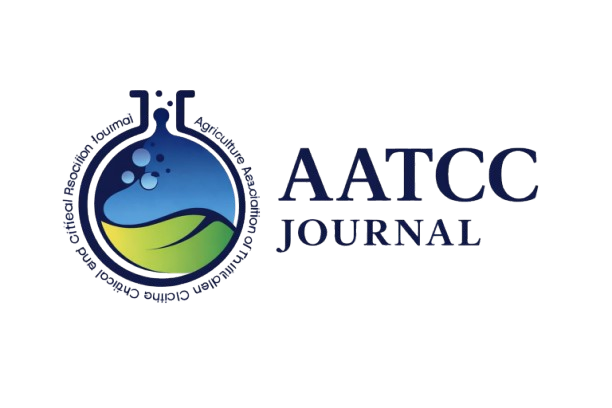Abstract
The survey was undertaken in Western Uttar Pradesh during the year 2018, specifically focusing
on the two districts, Saharanpur and Muzaffarnagar, and two blocks from each district were
shortlisted on the basis of large numbers of sugarcane growers in terms of area and production.
The main purpose was to evaluate how well sugarcane growers understand IPM practices and
recognize the elements impacting IPM practice adoption. A random selection procedure was
used to carefully choose 240 sugarcane growers from 16 villages, with 15 respondents chosen
from each village. The selection of the villages was made randomly. The respondents were
approached directly to gather the research data. The findings indicated that a significant portion
of the respondents possessed knowledge of cultural methods viz., partially aware (55.97%), fully
aware (34.93%), and remaining were not aware followed by the mechanical method of pest
control. This study provides a useful way to enhance crop yields, leading to a higher economic
impact. One of the major challenges was that local farmers lacked awareness of IPM techniques,
making it challenging to obtain comprehensive data. There was considerable diversity in farming
practices throughout the region, creating inconsistencies in IPM adoption and complicating data
analysis and generalization. Awareness and effective execution of IPM strategies lead to
improved pest management programmes. Biological controls, resistance cultivars, and less
reliance on chemical pesticides are a few possible strategies. This investigation was regional
focused, mainly on Western Uttar Pradesh, a major sugarcane-producing state of India. The
geographical conditions offer a vision how local conditions impact the thoughtfulness and
adoption of IPM techniques. This study has made significant contributions by improving IPM
adoption among sugarcane farmers, bringing policy recommendations to the table along with
promoting and enhancing sustainable agriculture in Western UP.
